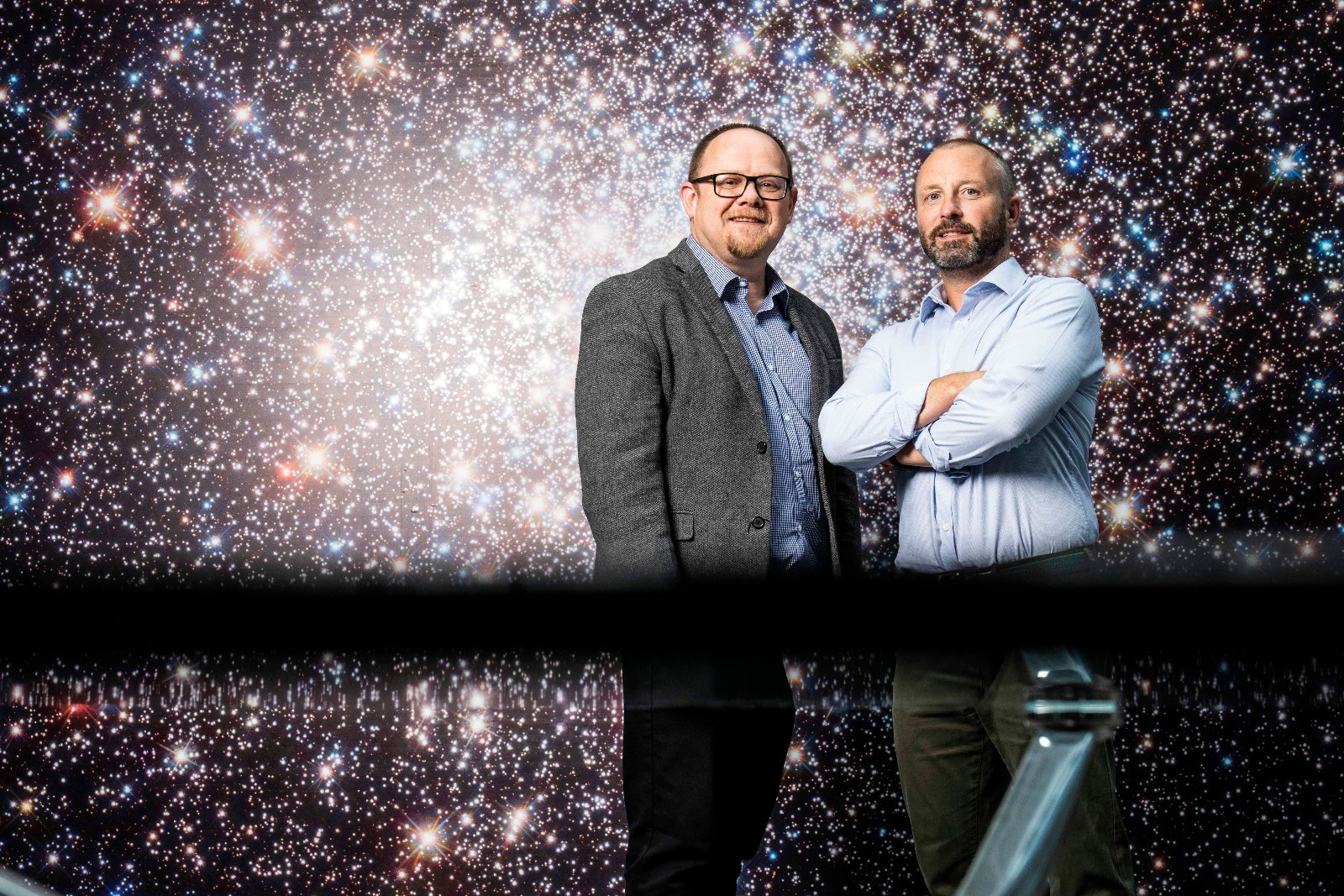Varadis, who has invested in building on the Tyndall technology over the past 4 years, recently announced that JAXA will use the company’s radiation detection sensor aboard the DESTINY+ mission. This mission will explore the Phaethon asteroid to conduct scientific observations of cosmic dust, which is considered to be a source of the organic matter on Earth.
The Radiation Sensing Field Effect Transistors (RADFETs) is licensed exclusively to Varadis, who are the leading provider of high-energy radiation detection sensors.
RADFETs accurately measure the absorbed doses of ionizing radiation such as gamma rays, protons and x-rays. This highly innovative RADFET technology has wide applications from radiotherapy and oncology to smart cities and public safety and is already a much sought-after solution for radiation monitoring on both people and equipment.
Professor William Scanlon, CEO of Tyndall said:
“Ground-breaking innovations at Tyndall continue to deliver enormous impact with global application. The RADFETs technology is built on 40 years of research in Tyndall, and we are proud that this technology will be a part of the upcoming Destiny+ mission.”
Brad Wrigley, CEO of Varadis, said:
“We are honoured to be working with the Japan Aerospace Exploration Agency in their space exploration programmes. The mission to explore the Phaethon asteroid is the first of its kind. All at Varadis are looking forward to supporting DESTINY+ and the flyby of the Geminids meteor shower.”







